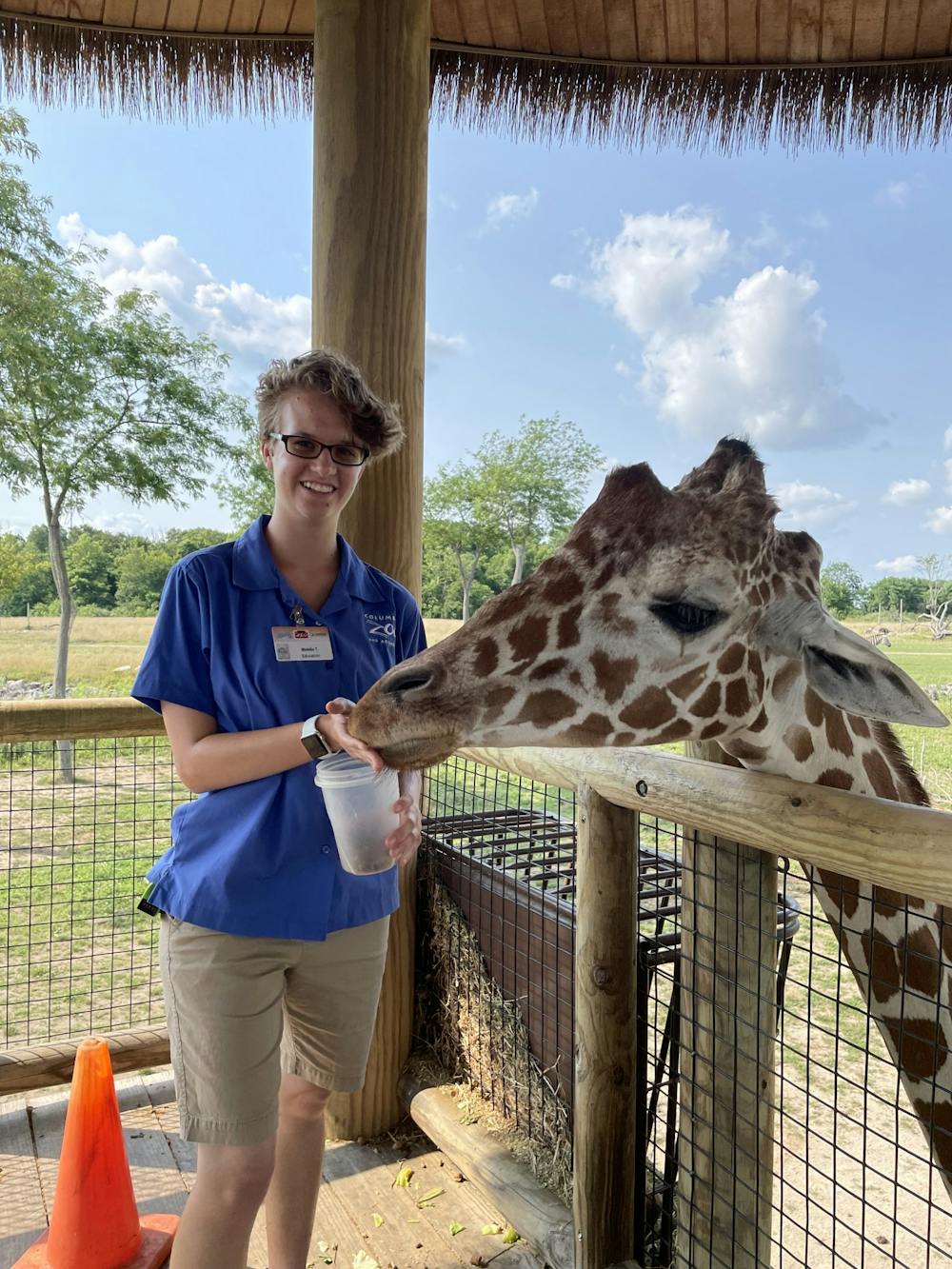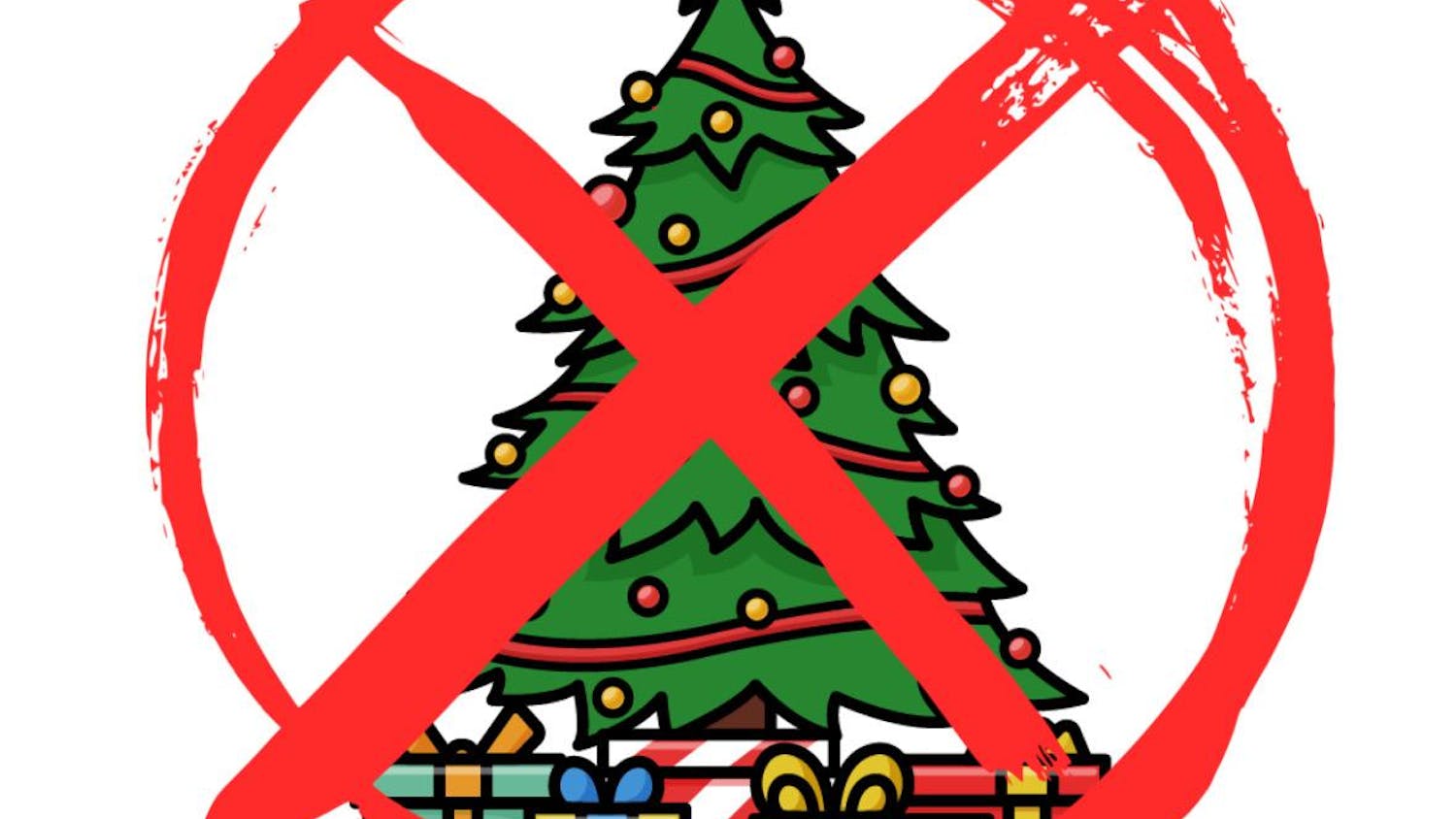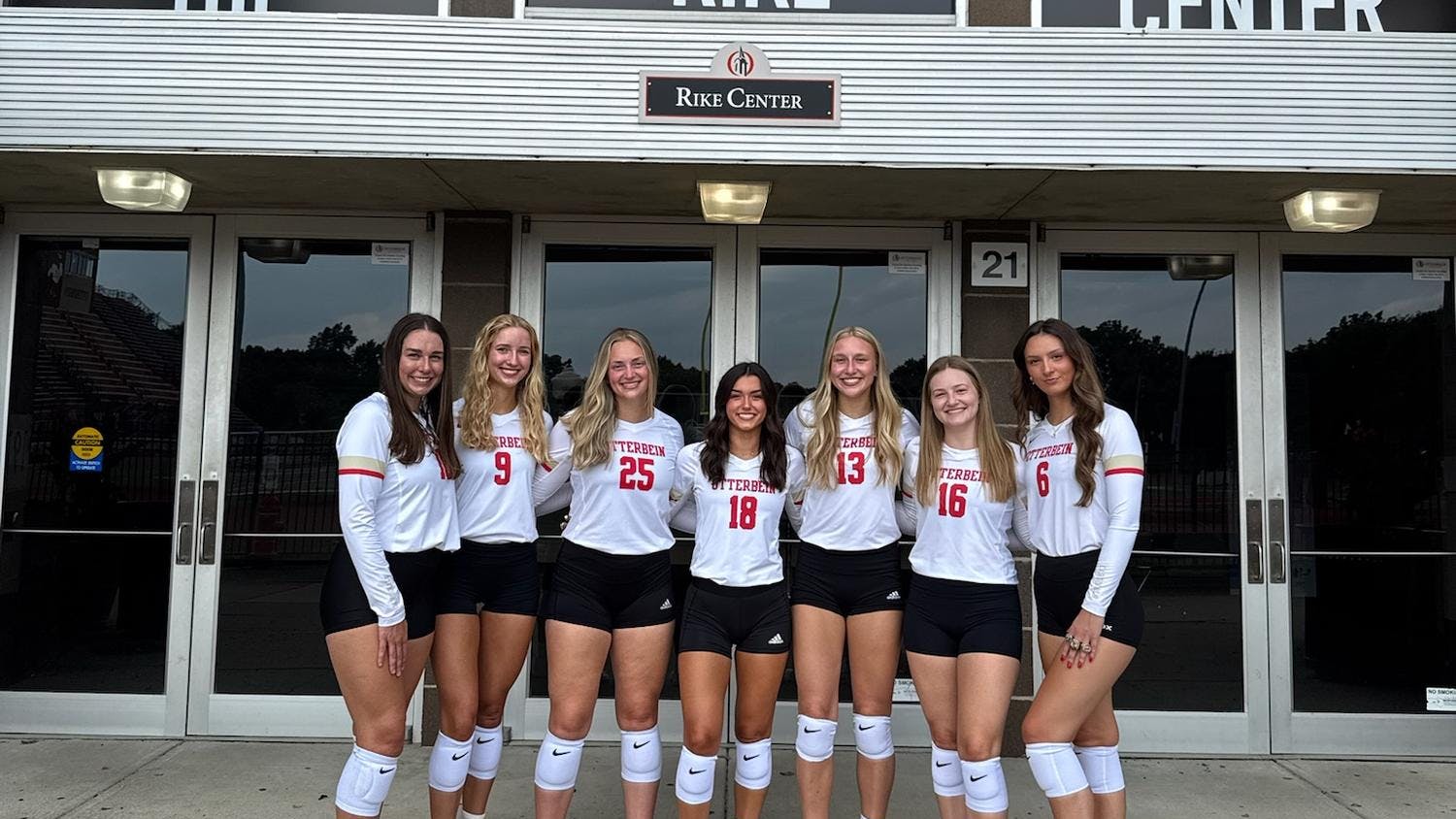The Columbus Zoo and Aquarium - known nationwide for the many television appearances of its former director, Jack Hanna, and better known to Otterbein University students through its relationship with our Zoo & Conservation Science program - lost its accreditation from the Association of Zoos and Aquariums last December after allegations regarding its handling of its animals and finances surfaced.
The first accusations of financial mismanagement were made public in March 2021, when the Columbus Dispatch reported that higher-ups within the organization let their family members live on zoo-owned property. Then, in August 2021, the Dispatch reported that misspending by executives on personal effects lost the organization at least $631,000.
The release of the film, The Conservation Game, spurred further developments. It specifically names former director emeritus Jack Hanna (among others) as a patron of illegal zoos and backyard breeders. It states he obtained the animals presented during television appearances from these places, but still made the claim that the animals came from the Columbus Zoo.
The zoo made some changes in light of these controversies - one of the biggest came when it cut ties with unaccredited animal vendors. Other changes included restructuring their animal programs department and discontinuing the use of primates and big cats outside zoo grounds.
Regardless, all of this led the AZA to deny the renewal of the Columbus Zoo’s accreditation on Oct. 6, 2021. The zoo filed an appeal and retained their accreditation as the AZA reexamined their verdict, however again declined to renew the zoo’s accreditation on Dec. 13.
Losing AZA accreditation means the zoo may not be eligible for certain funds and can’t participate in the AZA’s Species Survival Plan Program, among other things. It also impacted the zoo’s prestige - as of December 2021, only 238 organizations are AZA accredited, which translates to less than 10% of the 2800 organizations eligible. The zoo plans to reapply, but they can only do so after five years, therefore they won't be eligible until 2026.
With this in mind, how has their loss of AZA accreditation impacted Otterbein’s Zoo & Conservation Science program?
“I haven't noticed that many big changes.” Maddie Torbert, a junior Zoo & Conservation and Biology double major, said. Torbert worked at the Columbus Zoo last summer, during their AZA inspection. “I know, like, at least personally, when it first happened, I was a little anxious…but I haven’t noticed any concrete differences.”
Despite everything, it appears that Otterbein’s relationship with the Columbus Zoo and Aquarium will remain unchanged.
“We do not foresee any changes to our program structure, student opportunities, or marketing as a direct result of Columbus Zoo’s arrangements with the AZA.” Alicia Rich, assistant professor in biology and earth science, said. “The Association of Zoos & Aquariums is one of multiple national and international accrediting organizations, so loss of AZA accreditation, whether short or long-term, doesn’t mean a facility is unaccredited.”
All zoos in the U.S. must be federally licensed and inspected yearly by the United States Department of Agriculture, and are subject to federal legislation like the Endangered Species Act and the Animal Welfare Act. If an organization fails to comply with the USDA or any of the relevant federal legislation, they’re cited and can be fined, or sometimes completely shut down. The Columbus Zoo complies with all of this, and is not at risk of being closed.
With the five-year waiting period in front of them, the loss of AZA accreditation is a stumbling block for the Columbus Zoo and Aquarium.
“I still believe that Columbus is doing good work with their animals now.” Torbert said. “And I think everything’s gonna end up being fine in the end.”








